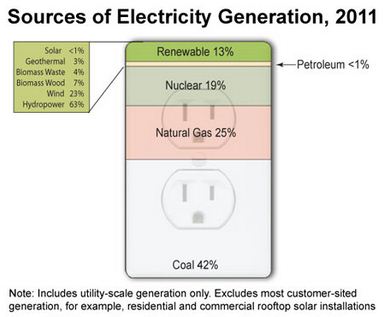Ethnic Divisiveness - Liberty, Equality, Fraternity - Verse 2
USNews.com has a different take about the riots in France than I wrote:
A striking characteristic of the demonstrators is their youth, with many of those involved only 13 or 14 years old. In part this is because French law cannot punish them until they reach 16. Many observers worry, however, that the age of the rioters has shown that their parents have lost control or, worse, agree with the tactics.However, the story did suggest that the French government may not be entirely to blame:One thing the great majority of observers agree about is that the disturbances are not controlled by Islamic extremists or inspired by religious sentiment. The young people rioting have a sense of religion "approaching zero," says Dounia Bouzar, a former member of the Superior Council of French Muslims. "In general, these kids dream only of getting money and consuming like everybody else."
For Bouzar, French politicians have for 20 years refused to deal with the origins of inequality in French society. Riots in 1982 included a march by immigrants from Lyon to Paris that received massive media coverage.
"After the 1982 riots, the young promoters of the March for Equality denounced discrimination in housing and jobs," Bouzar said. "But the idea was insidiously planted in the mind of the public that the causes were not social but cultural . . . if young people burned automobiles it was not because of discrimination but because their parents came from a different culture."
Bouzar says nothing has changed but that today French leaders try to relate the violence to religion, providing an excuse for dealing with the political, social, and economic reasons behind the violence.
Employment does indeed seem to be one of the keys to the problem, along with endemic —if frequently silent —discrimination. Unemployment among immigrants of North African origin ages 15 to 24, for example, is about 37 percent compared with 20 percent for the French as a whole and 12.7 percent for foreigners from other EU countries. Even in the 751 so-called sensitive urban zones designated by the government for special attention, unemployment is 19.6 percent and as high as 30 percent among the 21-to-29 age group, according to official government statistics.On October 16, 2004, I wrote:Immigrant youths living in underprivileged areas complain that no matter how many CVs (resumes) they send out, the answer is almost always the same- –silence. An experiment by the independent "Discrimination Observatory" found that applications with the same resume received half as many invitations for interviews when the address signaled a disadvantaged area.
Nevertheless, it is easy to forget in the current context the tremendous efforts made by the French government over the past two decades to improve conditions for immigrants.
"The poor French suburbs are relatively spoiled compared with American inner cities," says Stanger. "They have medical care, schools, and gymnasiums that any affluent American community would be proud of."
Recounting previous points:The "native herd" accepts a few different individuals as "curiousities" until there are enough of these individuals to be discerned as a "new herd". Then conflict commences.
- we have an instinct to survive, acquire, and pass on our DNA
- we survive best in "herds"
- herds are structured to satisfy the strong and accomodate the weak
- the rules of one herd may vary from others based on experience and environment
To this list, let's add
Why, because outsiders alter the dynamics of the herd and may not play by the rules of the herd. Therefore, they are seen as a threat to the survival of the herd.
- herds will not readily accept "outsiders"
Addendum from The National Review
Ironically the politician being denounced for inflaming the French rioters, interior minister Nicolas Sarkozy, has some of the best ideas about how Europe could better integrate its Muslim citizens. Sarkozy argues that affirmative action is needed for Muslims, heresy in egalitarian France. He also proposes that the state fund mosques. This is imperative: Otherwise large numbers of mosques will continue to preach the divisive, extremist doctrine of Wahabism. There is no reason that Muslim populations hailing from moderate societies should be led by Wahabi imams.
Of course, these steps towards integration cannot come only from one side. Muslim leaders will have to play a constructive role rather than acting as grievance mongers. For instance, as the Prospect's editor David Goodhart points out, the supposedly mainstream Muslim Council of Britain could stop referring to the war in Afghanistan as a "misguided" effort that sparked an "increase in prejudice" against Muslims.
We can be fairly confident that the Paris riots will not convince immigrants in other countries to begin a European intifada. They should, however, convince European leaders to stop casting around their own continent for an effective model of integration. That model, unfortunately, doesn't yet exist. Sarkozy and Europe's other visionaries are going to have to create it on their own.
...seems like damned if you do and damned if you don't.... I still like "melting pot" versus "diversity".






